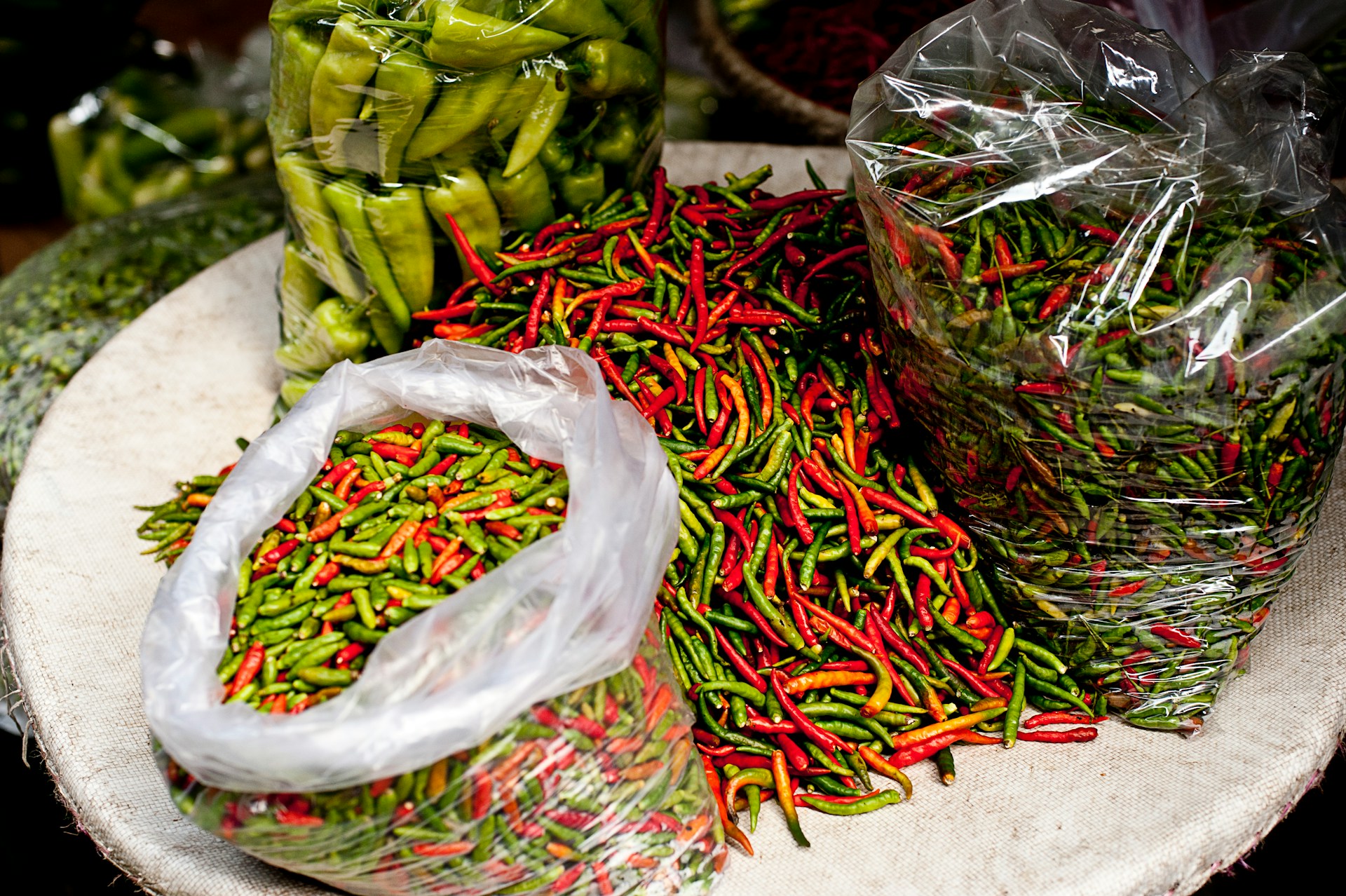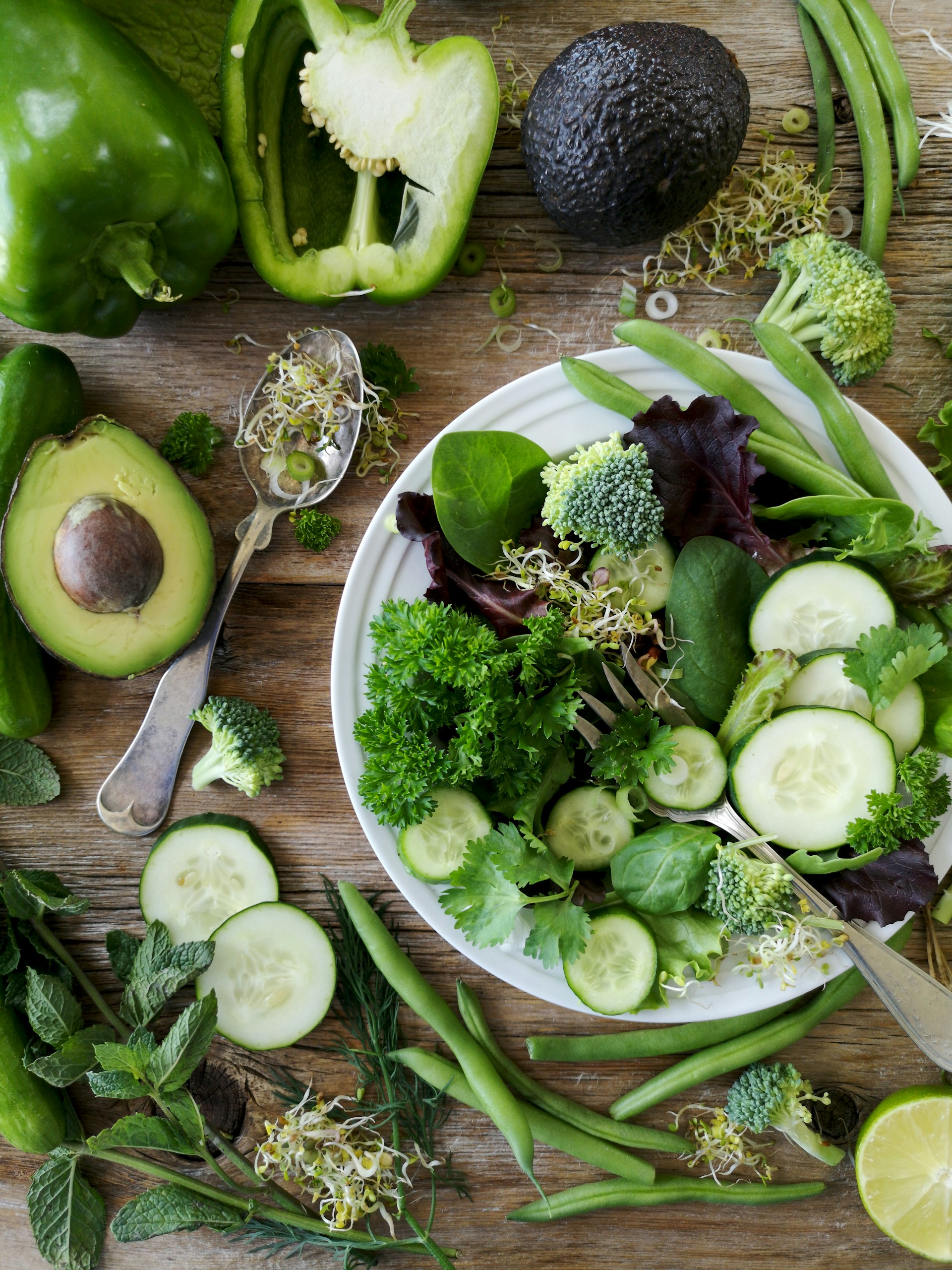There are always a lot of rumours and fake news spread across the internet, but did you know that applies to food too? Turns out, a lot of beliefs you may have had about certain cooking methods or nutritional facts are wrong! Today, we're going to debunk 25 of the most common food myths you always believed to be true, but actually aren't.
1. Microwaving Destroys Nutrients
Contrary to popular belief, microwaving foods doesn't destroy their nutrients. In fact, it's even been suggested that microwaving is the least likely cooking method to damage nutrients to begin with!
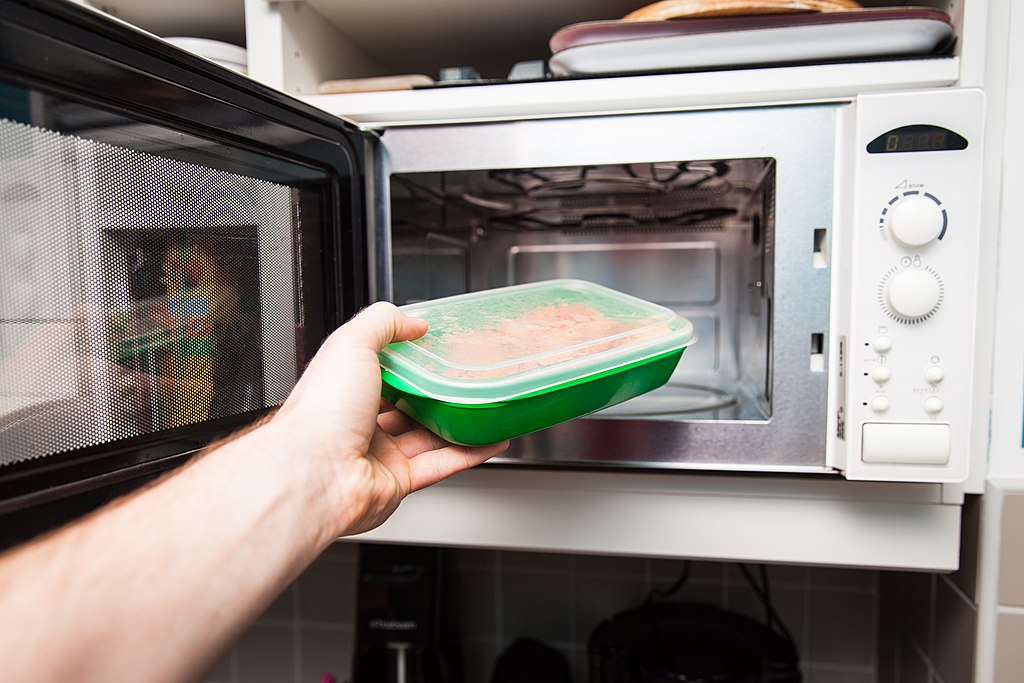 Trausti Evans on Wikimedia Commons
Trausti Evans on Wikimedia Commons
2. Eating Carrots Improves Night Vision
While carrots are a very healthy vegetable that's high in vitamin A, which is essential for eye health, eating lots of them doesn't actually improve your night vision. This myth is believed to have originated from British propaganda during World War II to explain the effectiveness of their pilots' night operations.
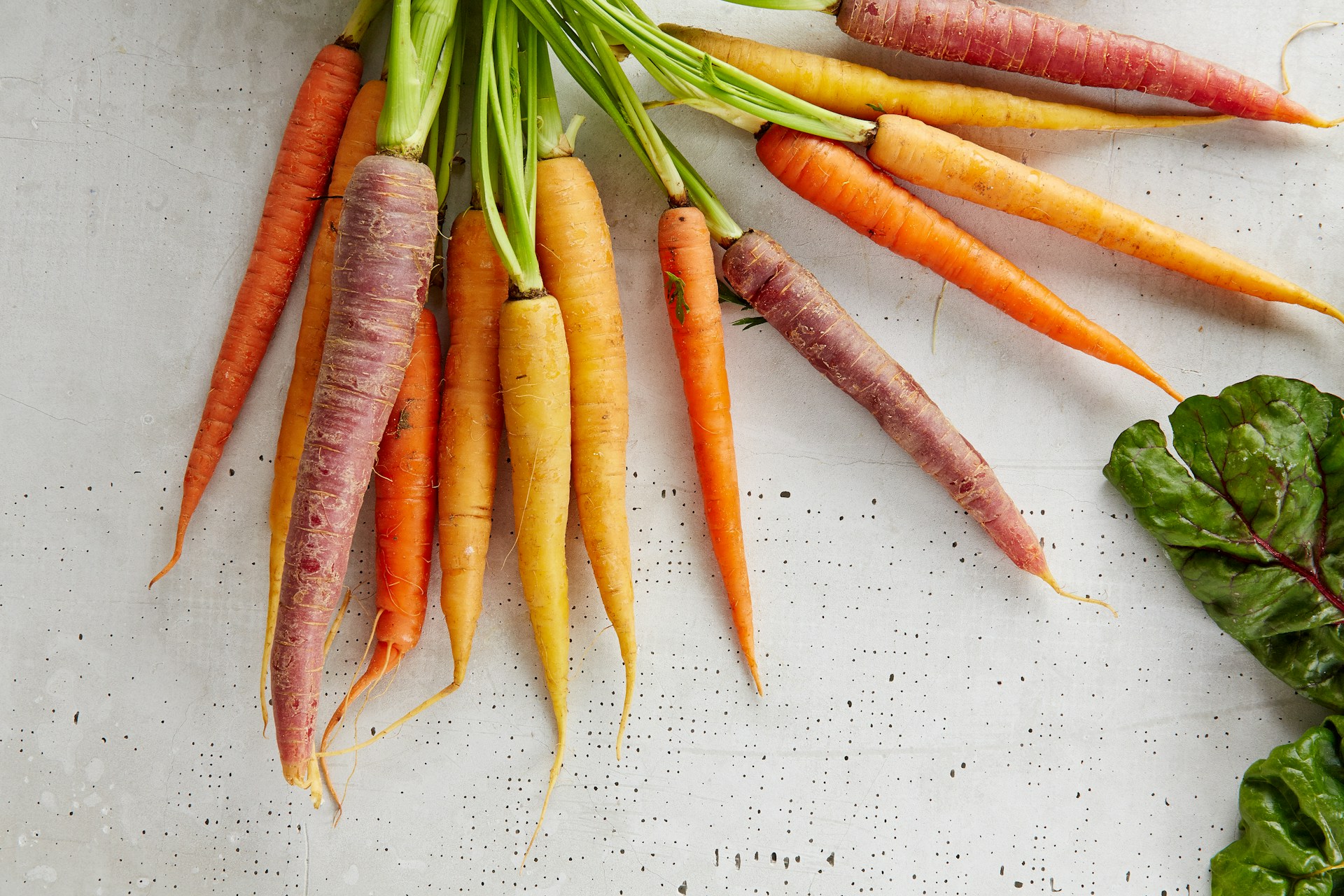 Photo by Gabriel Gurrola on Unsplash
Photo by Gabriel Gurrola on Unsplash
3. Avoid Eggs Due to High Cholesterol
Although this was once a common belief, modern research has been able to debunk the myth that eggs are bad for your heart due to their cholesterol content. Eating eggs in moderation does not significant impact the cholesterol levels in the blood for most people, and is generally a vital part of a healthy diet.
 Photo by Coffeefy Workafe on Unsplash
Photo by Coffeefy Workafe on Unsplash
4. Searing Meat Seals in Juices.
Step aside Gordon Ramsay, this myth has been proven wrong! Turns out, searing meat at a high temperature to "seal in the juices" is a lie. While searing adds flavor due to the Maillard reaction, it does not create a waterproof seal. Moisture loss is determined more by cooking time and temperature.
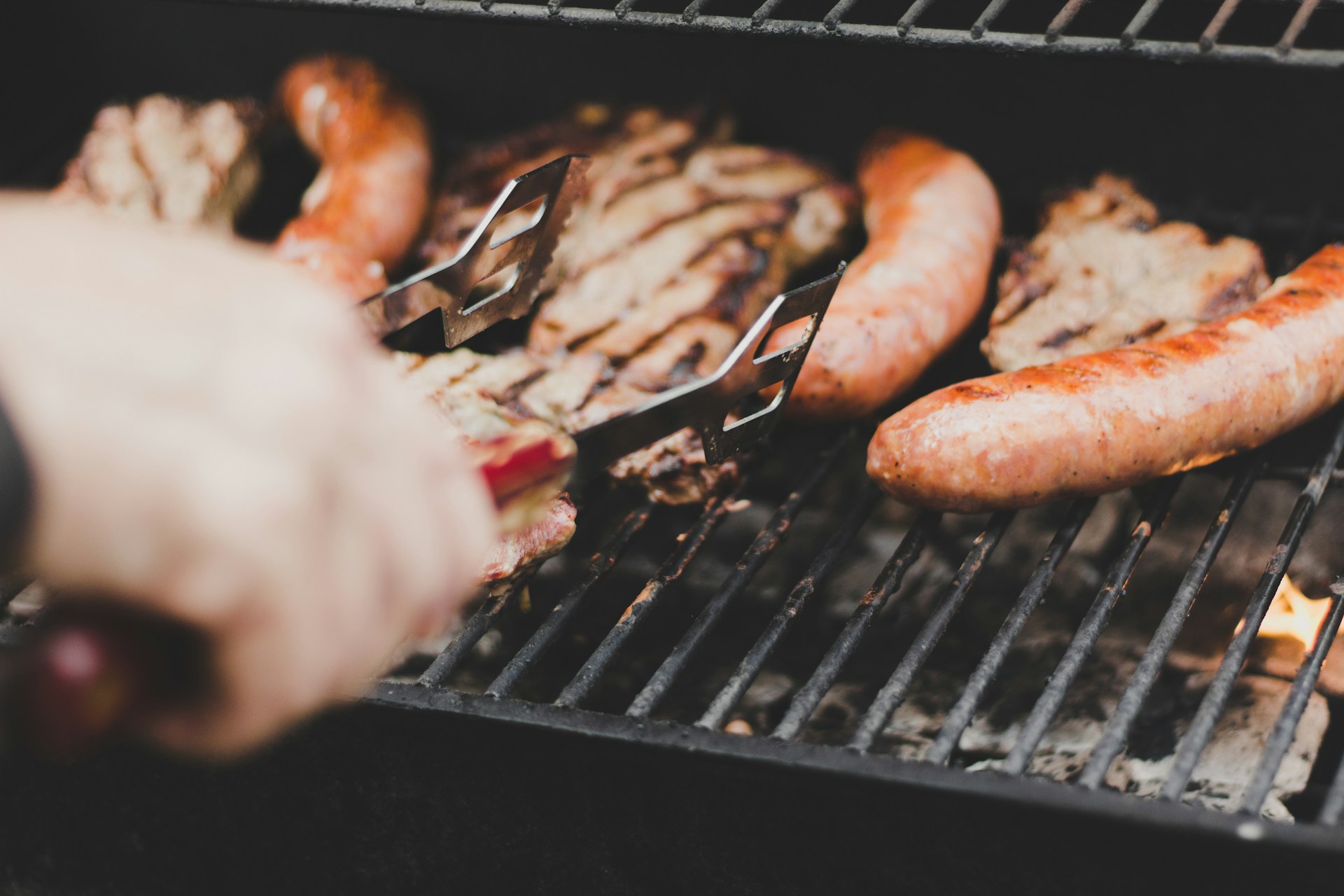 Photo by Andrik Langfield on Unsplash
Photo by Andrik Langfield on Unsplash
5. All Fats Are Bad for You
The myth that all fats are bad for health has been debunked. Healthy fats, such as those found in avocados, nuts, and olive oil, are essential for the body and can actually support heart health and weight management. There's just a bad connotation surrounding the word "fat."
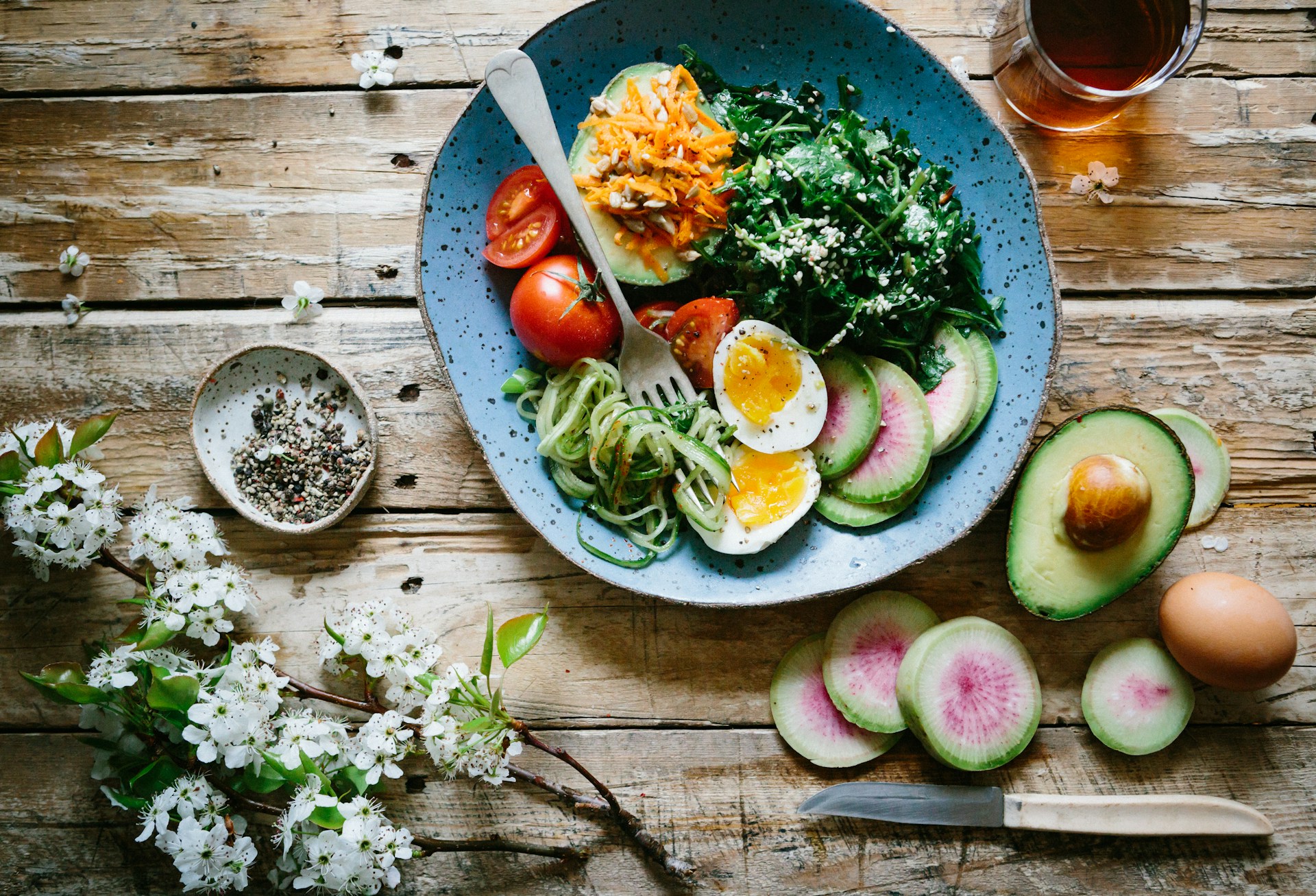 Photo by Brooke Lark on Unsplash
Photo by Brooke Lark on Unsplash
6. Fresh Produce Is Always Better Than Frozen
Turns out, frozen fruits and vegetables can be just as nutritious as fresh ones! Freezing preserves nutrients, it doesn't damage them. Frozen produce is often picked and frozen at its peak ripeness, a time when it's most nutrient-packed so you can enjoy your goods without worrying.
 Photo by Scott Warman on Unsplash
Photo by Scott Warman on Unsplash
7. Sugar-Free Products Are Healthier
Don't be fooled by labels that promise better health benefits. For example, products labeled "sugar-free" doesn't always mean it's healthier! These often contain artificial sweeteners or sugar alcohols which can have their own health implications or affect blood sugar in different ways.
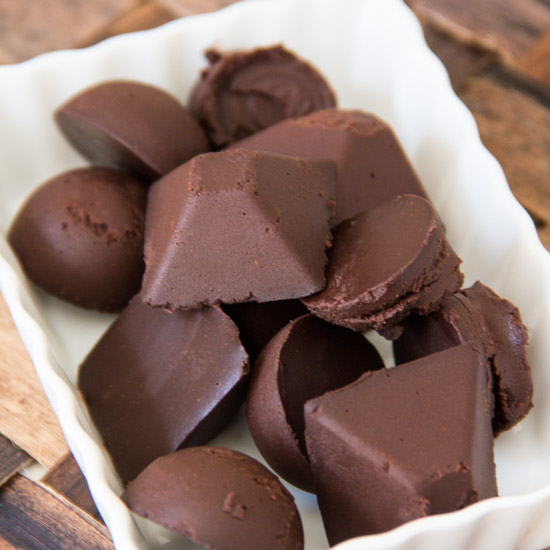 Anne Pedersen/Foodista on Wikimedia Commons
Anne Pedersen/Foodista on Wikimedia Commons
8. Drinking Milk Increases Mucus Production
Although many people believed it, there's actually no scientific evidence to prove that milk increases mucus production. This belief likely stems from the temporary, thick feeling in the mouth after drinking milk, but it doesn't actually cause the body to produce more mucus. Myth debunked!
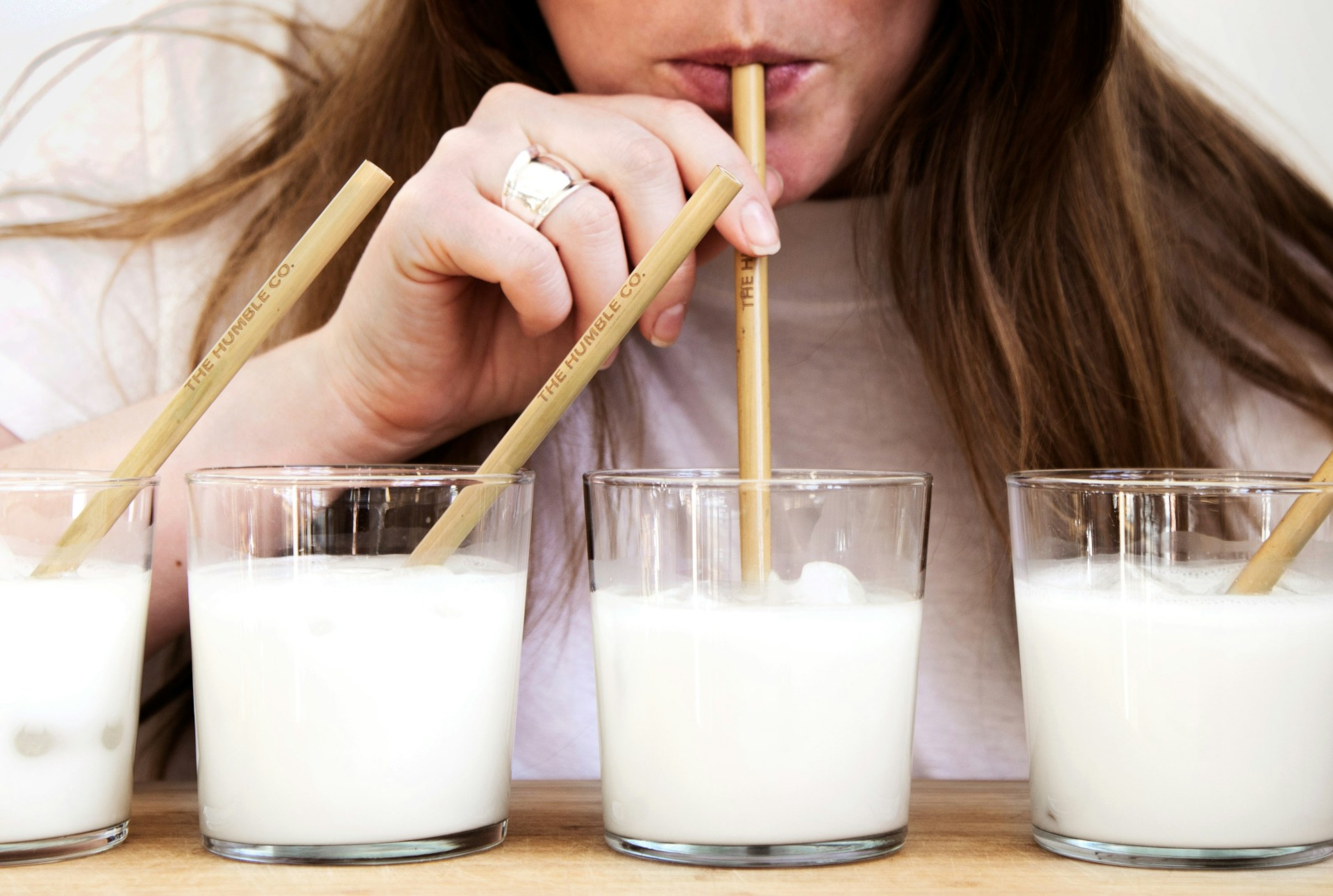 Photo by The Humble Co. on Unsplash
Photo by The Humble Co. on Unsplash
9. You Must Drink 8 Glasses of Water a Day
The "8 glasses of water a day" rule is not a one-size-fits-all requirement. Hydration needs vary greatly depending on factors like age, weight, activity level, and climate. Listening to your body's thirst signals is a more accurate guideline.
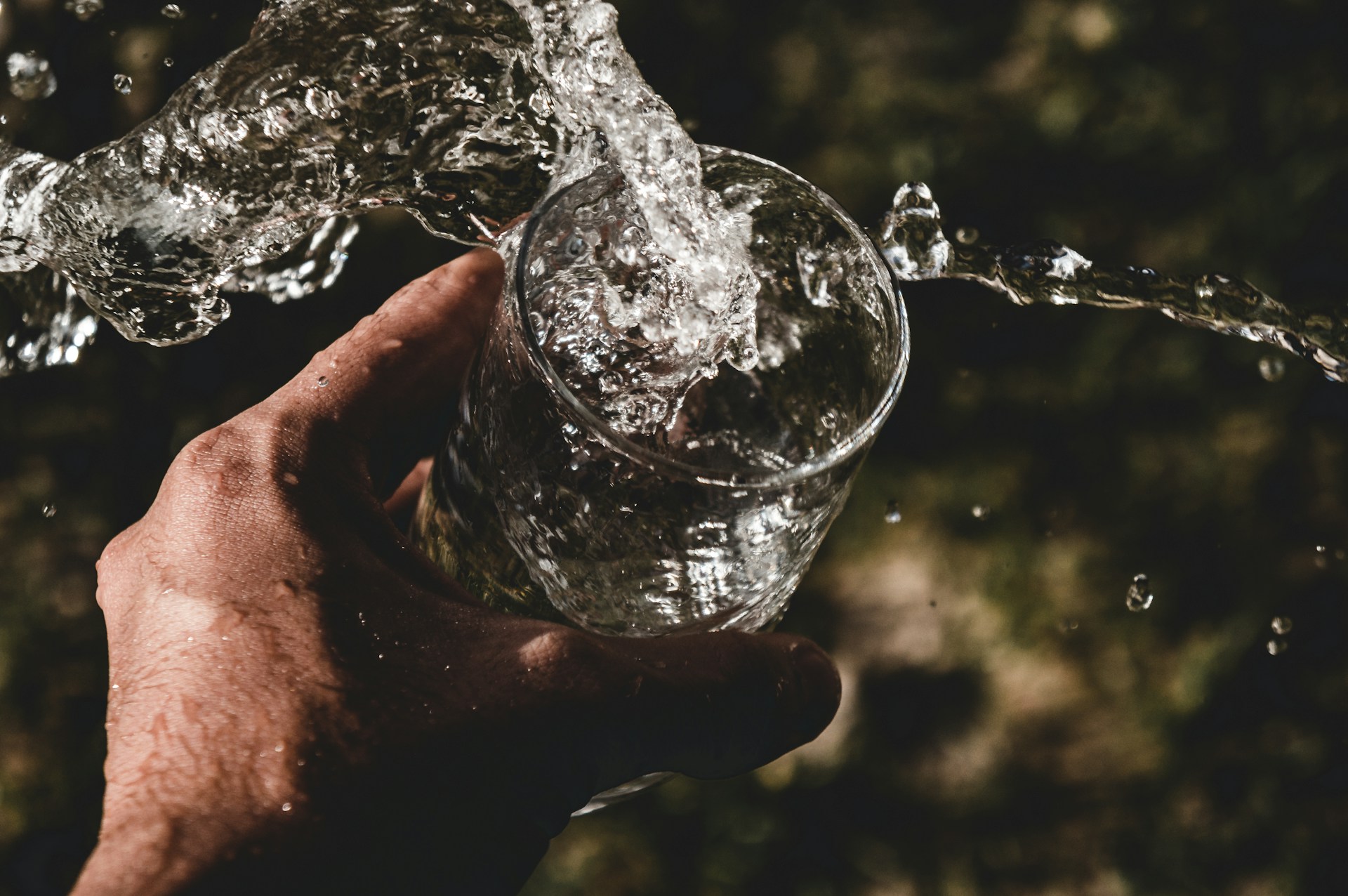 Photo by Anderson Rian on Unsplash
Photo by Anderson Rian on Unsplash
10. Salt Before Boiling Makes Water Boil Faster
Adding salt to water raises its boiling point, meaning it actually takes longer to boil, not faster. People add salt to boiling water for flavor, not to speed up the boiling process. The increase in boiling point is minimal and doesn't make a significant difference in cooking time.
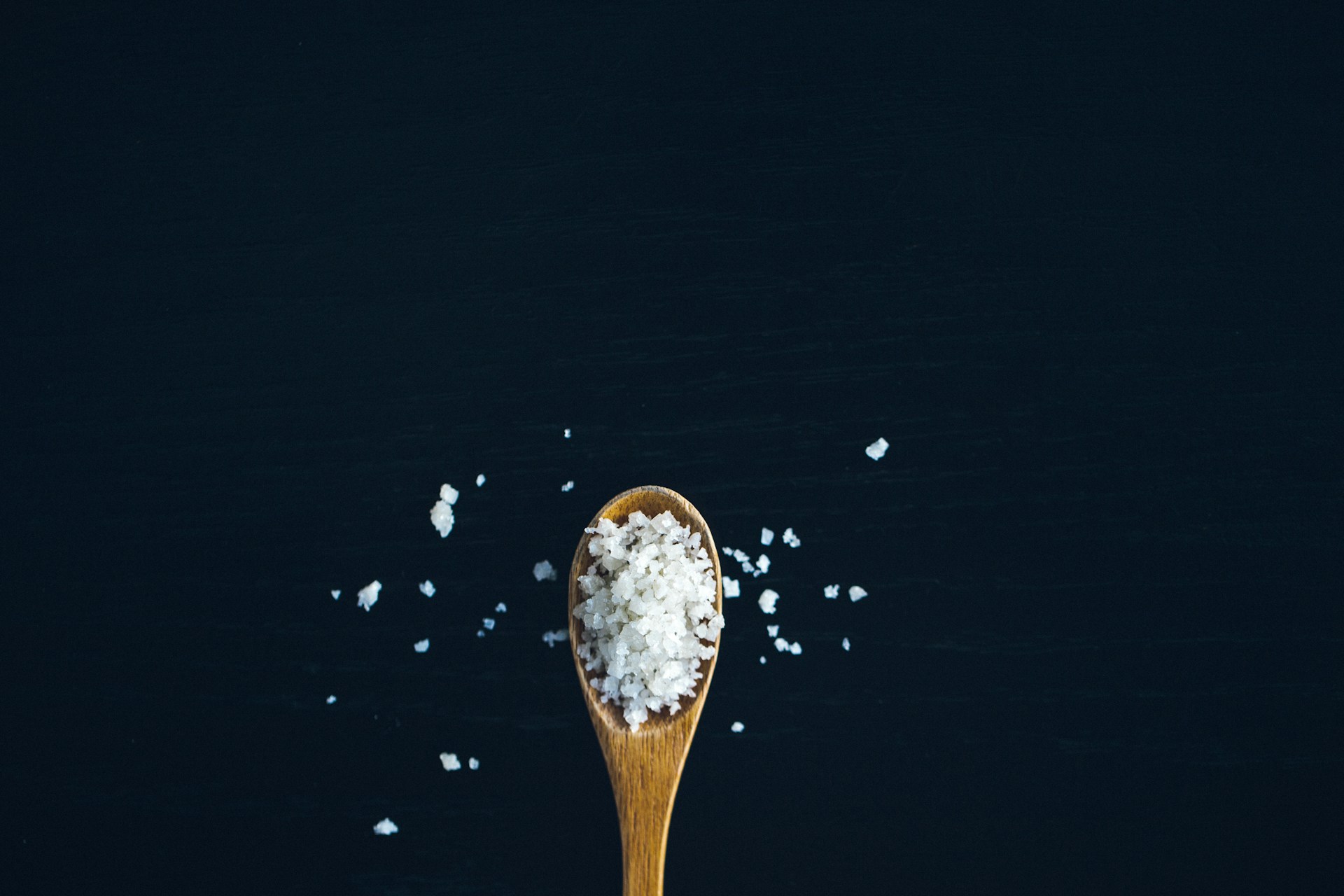 Photo by Jason Tuinstra on Unsplash
Photo by Jason Tuinstra on Unsplash
11. Swimming After Eating Causes Cramps
In reality, there's no scientific evidence to back the myth that swimming right after eating causes severe cramps. It's been debunked! While it's true that digestion redirects some blood flow away from the muscles, it's not enough to increase the risk of drowning or cause severe cramps. All you have to do is make sure you properly warm up your body and muscles first.
 Photo by Brian Matangelo on Unsplash
Photo by Brian Matangelo on Unsplash
12. Brown Sugar Is Healthier Than White Sugar
Brown sugar is often perceived as healthier than white sugar due to its color and texture. However, brown sugar is simply white sugar with molasses added back into it. The nutritional differences are minimal, making them essentially the same in terms of health.
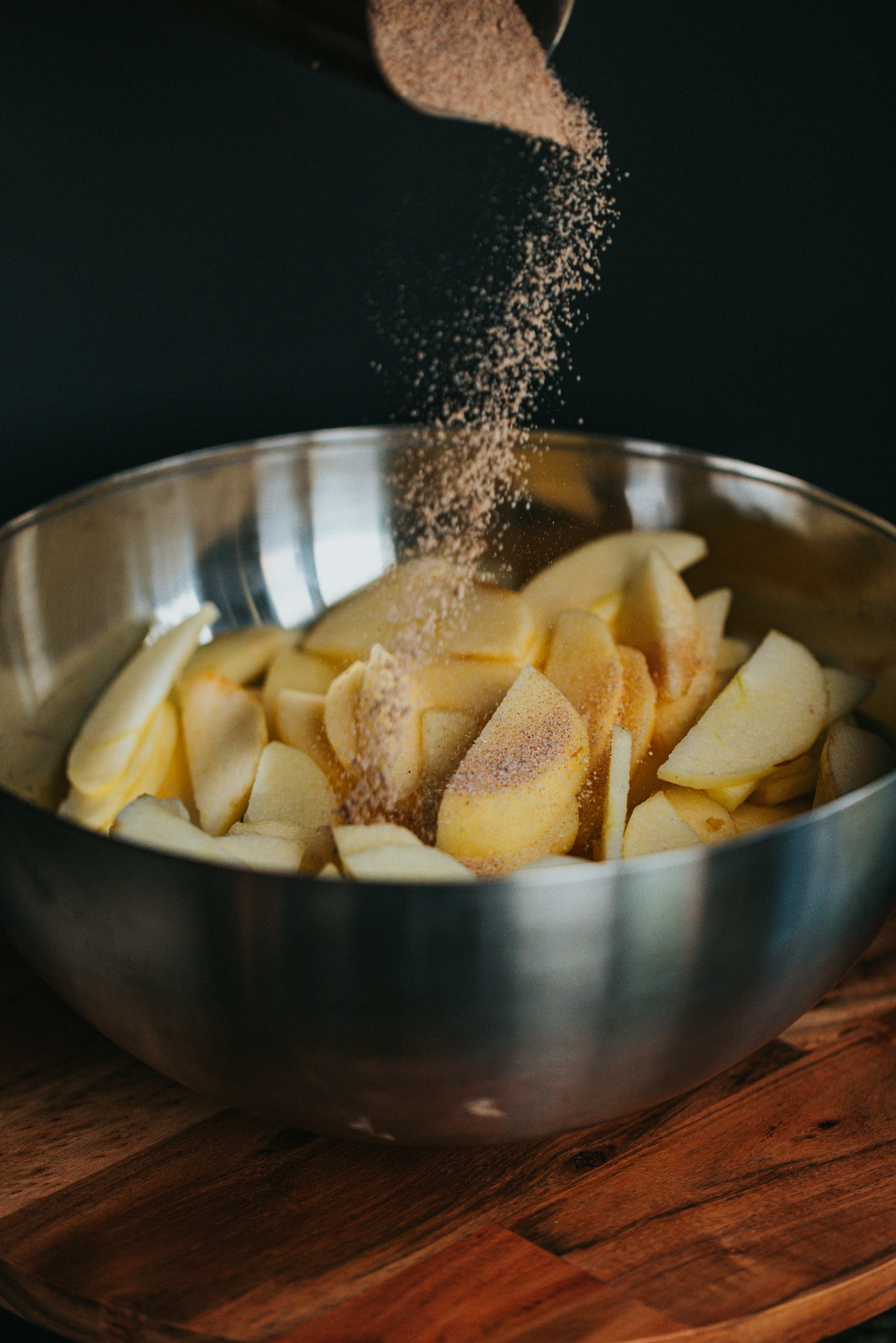 Photo by Nathan Dumlao on Unsplash
Photo by Nathan Dumlao on Unsplash
13. Gluten-Free Foods Are Healthier for Everyone
Gluten-free diets are essential for those with celiac disease or gluten-sensitivity, but there's no evidence that it offers the same health benefits for people without these conditions. In fact, you could be risking nutritional deficiencies. Gluten-free products can also be high in sugar and fat to compensate for texture and flavour.
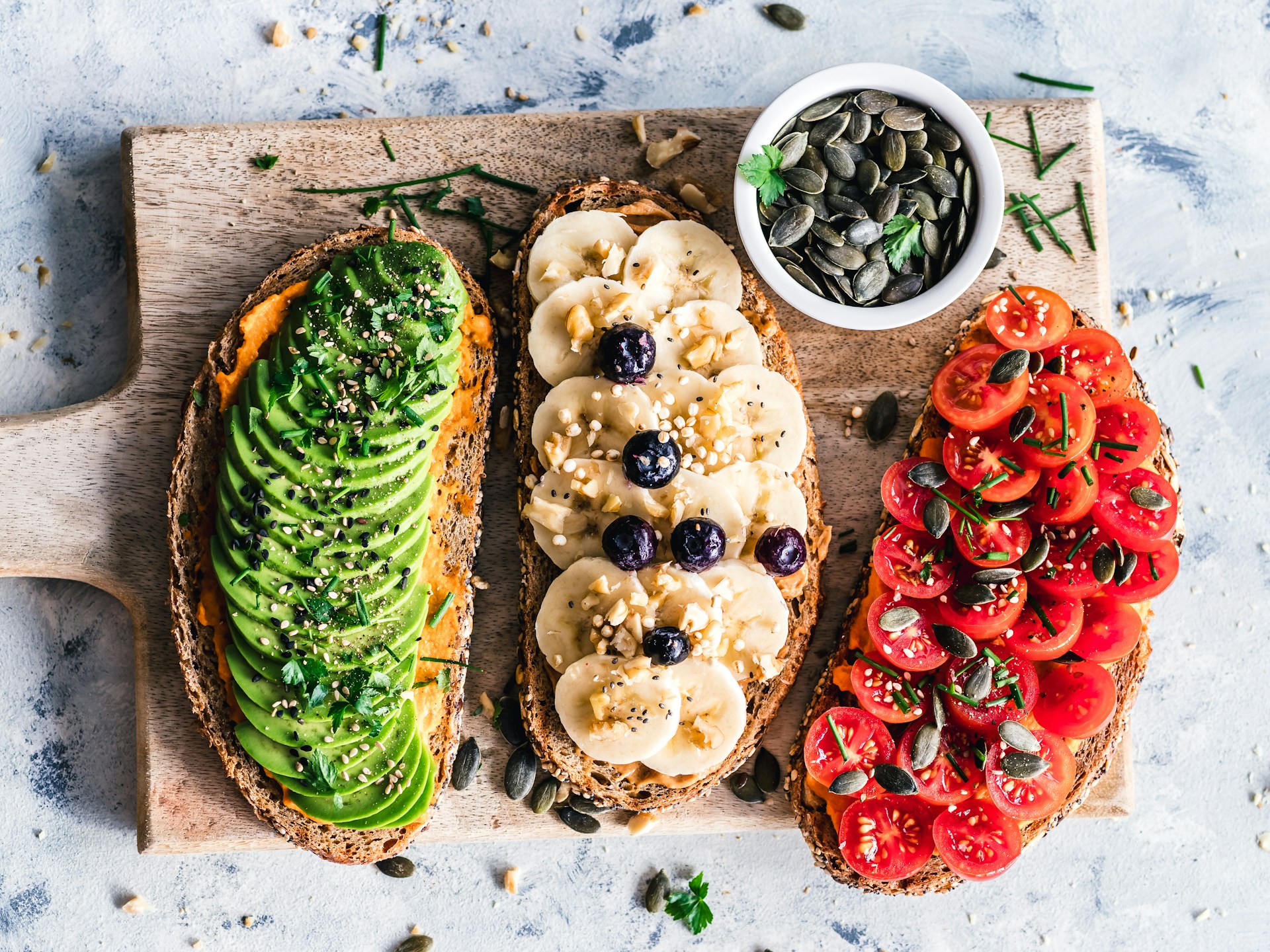 Photo by Ella Olsson on Unsplash
Photo by Ella Olsson on Unsplash
14. You Need to Drink Dairy Milk for Strong Bones
Dairy milk has been touted for its calcium content, essential for bone health. However, many plant-based sources of calcium, such as kale, almonds, and fortified plant milks, can also contribute to strong bones, making dairy not the only option for bone health.
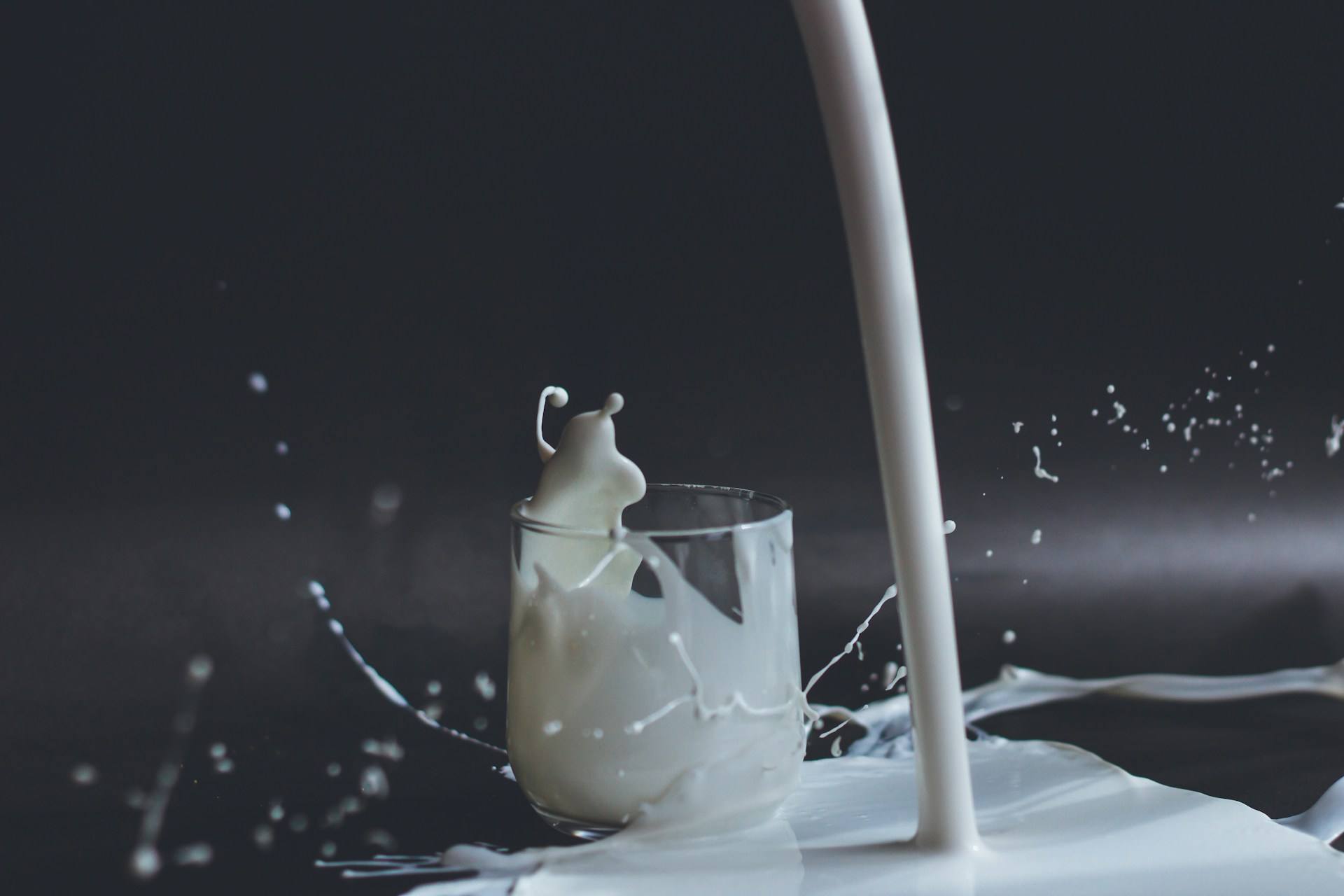 Photo by Anita Jankovic on Unsplash
Photo by Anita Jankovic on Unsplash
15. Eating Before Bed Makes You Gain Weight
This myth has had people believing that eating before bed leads directly to weight gain. However, it's the total calorie intake over the day that matters more for weight gain, not the timing of meals. Of course, keep in mind that eating right before bed is added calories to your overall day. But eating a small, healthy snack before bed is fine for most people.
 Photo by Tyler Nix on Unsplash
Photo by Tyler Nix on Unsplash
16. Detox Diets Remove Toxins from the Body
The body naturally detoxifies itself through the liver and kidneys. There is little evidence that detox diets effectively remove toxins or offer significant health benefits. Many of these diets can also be restrictive and nutritionally unbalanced, possibly putting you in a more unhealthy position than not doing it.
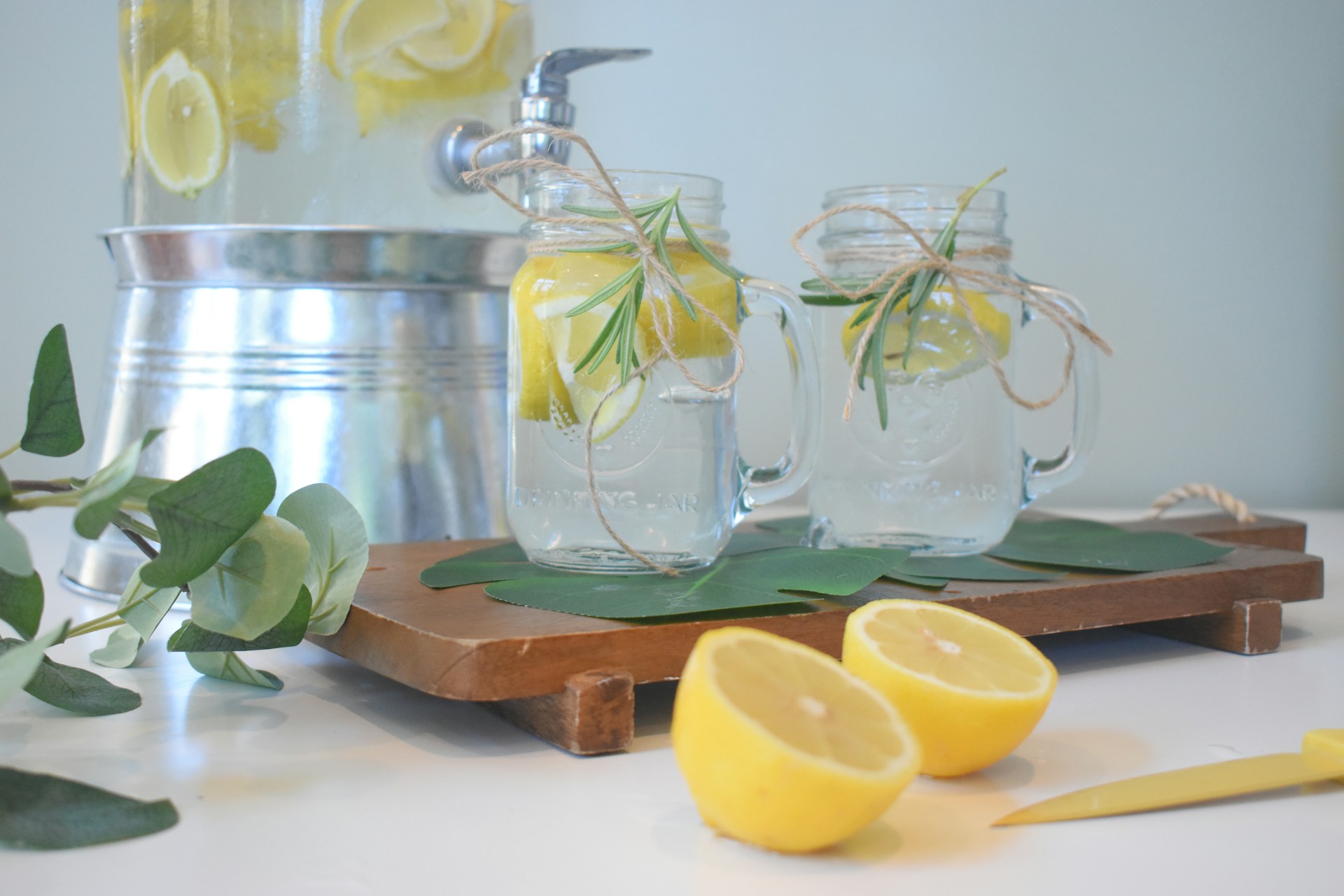 Photo by Mariah Hewines on Unsplash
Photo by Mariah Hewines on Unsplash
17. Spicy Foods Cause Ulcers
It was once thought that spicy foods could cause stomach ulcers, but there is in fact no research that suggests such a thing. Spicy foods may irritate an existing ulcer but it's important to realize they're not the cause.
18. Eating Cholesterol-Rich Foods Raises Blood Cholesterol
While eggs and shellfish are high in cholesterol, they're also incredibly healthy and don't actually raise blood cholesterol levels as much as people believe. The real dangers are foods high in trans and saturated fats, including fried foods, processed meats, and desserts.
 Photo by Morgane Perraud on Unsplash
Photo by Morgane Perraud on Unsplash
19. MSG (Monosodium Glutamate) Is Extremely Harmful
MSG has been blamed for various health issues, including headaches and allergic reactions, termed "Chinese Restaurant Syndrome." However, scientific consensus shows that MSG is safe for consumption in normal quantities.
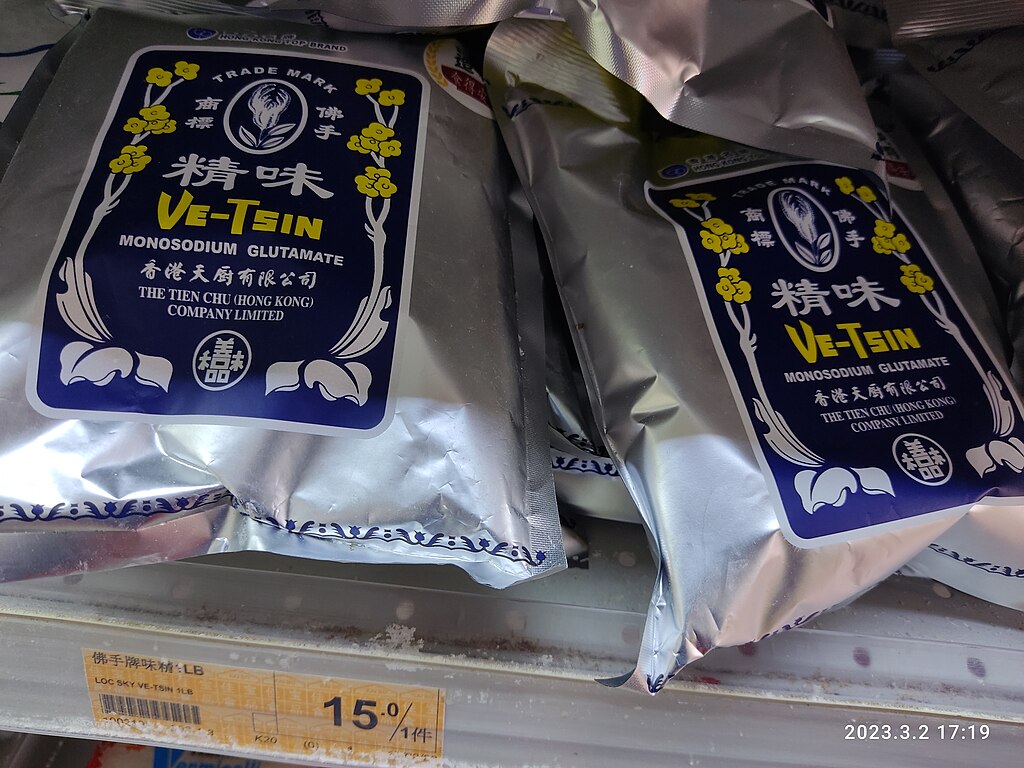 HuiweE Sanm Cheuwn Shuakz on Wikimedia Commons
HuiweE Sanm Cheuwn Shuakz on Wikimedia Commons
20. Vitamin C Prevents Colds
While vitamin C is essential for immune function, extensive research has shown that for most people, taking vitamin C supplements does not prevent the common cold. It may slightly reduce the duration or severity of symptoms, but it's not a cure-all.
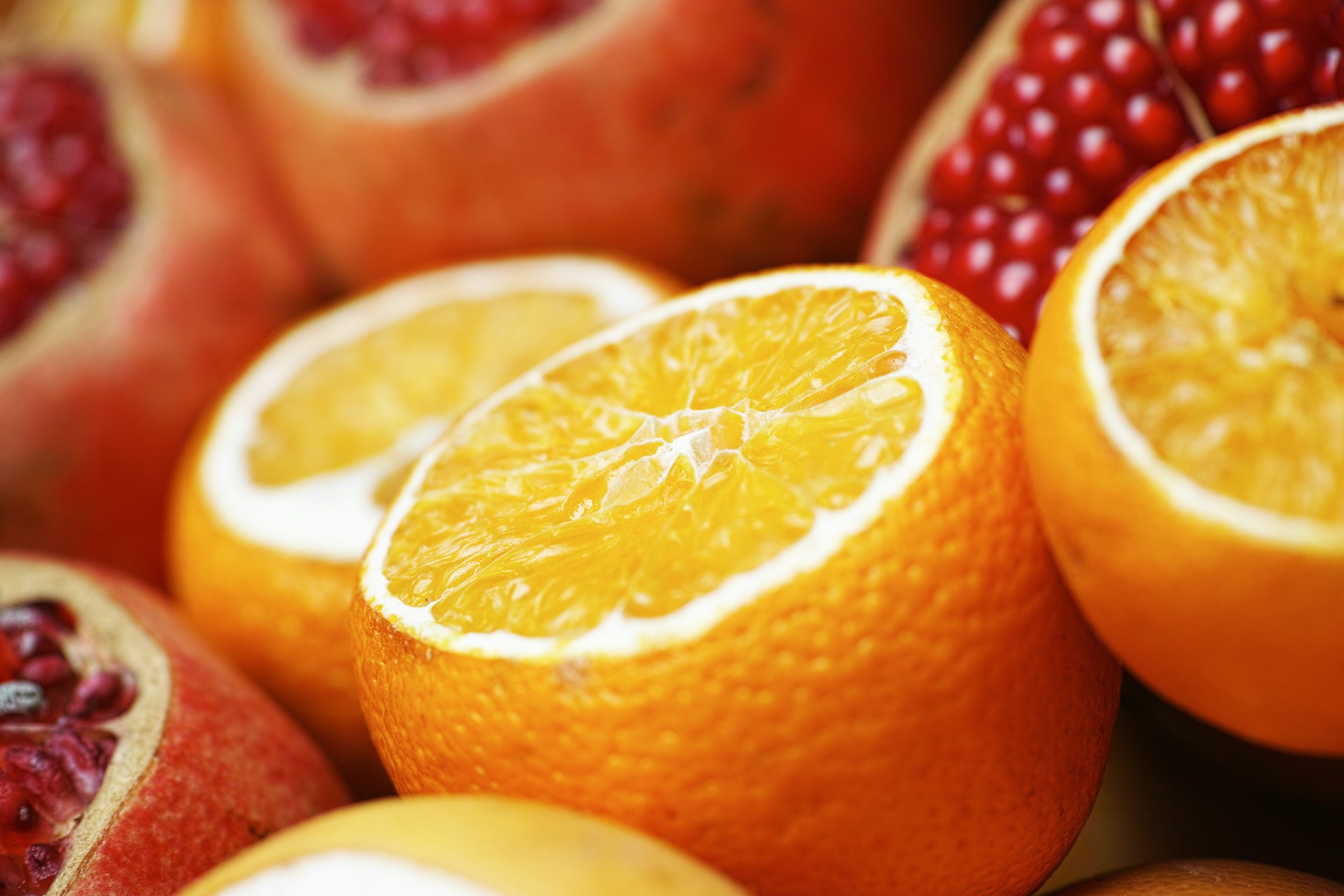 Photo by engin akyurt on Unsplash
Photo by engin akyurt on Unsplash
21. Organic Foods Are Always Healthier
One of the most common food myths is that organic foods are significantly healthier than non-organic foods. While organic farming practices can reduce exposure to pesticides and artificial chemicals, the nutritional difference is often very minimal. You should choose to eat organic moreso based on environmental concerns and personal preference rather than nutritional superiority alone.
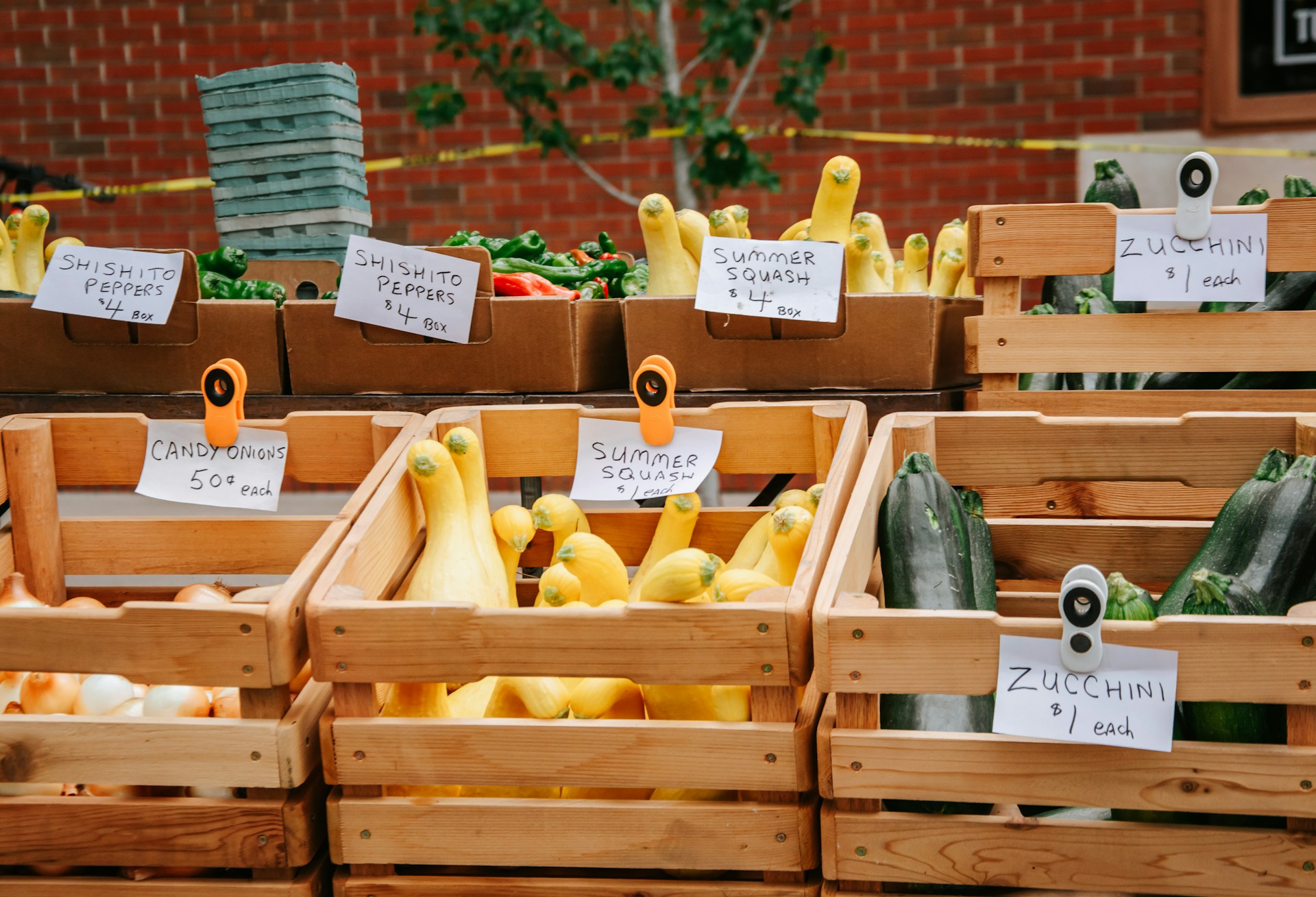 Photo by Frames For Your Heart on Unsplash
Photo by Frames For Your Heart on Unsplash
22. Coffee Dehydrates You
It's a common myth that coffee and other caffeinated beverages significantly dehydrate you. While caffeine has a mild diuretic effect, the water content in coffee and tea more than compensates for this. So no, moderate coffee consumption doesn't actually lead to dehydration.
 Photo by Fahmi Fakhrudin on Unsplash
Photo by Fahmi Fakhrudin on Unsplash
23. Eating Turkey Makes You Sleepy
Here's a funny one: turkey is often blamed for the sleepiness people feel after a big Thanksgiving meal, which people believed due to its tryptophan content. However, many foods contain tryptophan, meaning the drowsiness you feel is more likely because you just ate a massive meal. Ever heard of a food coma?
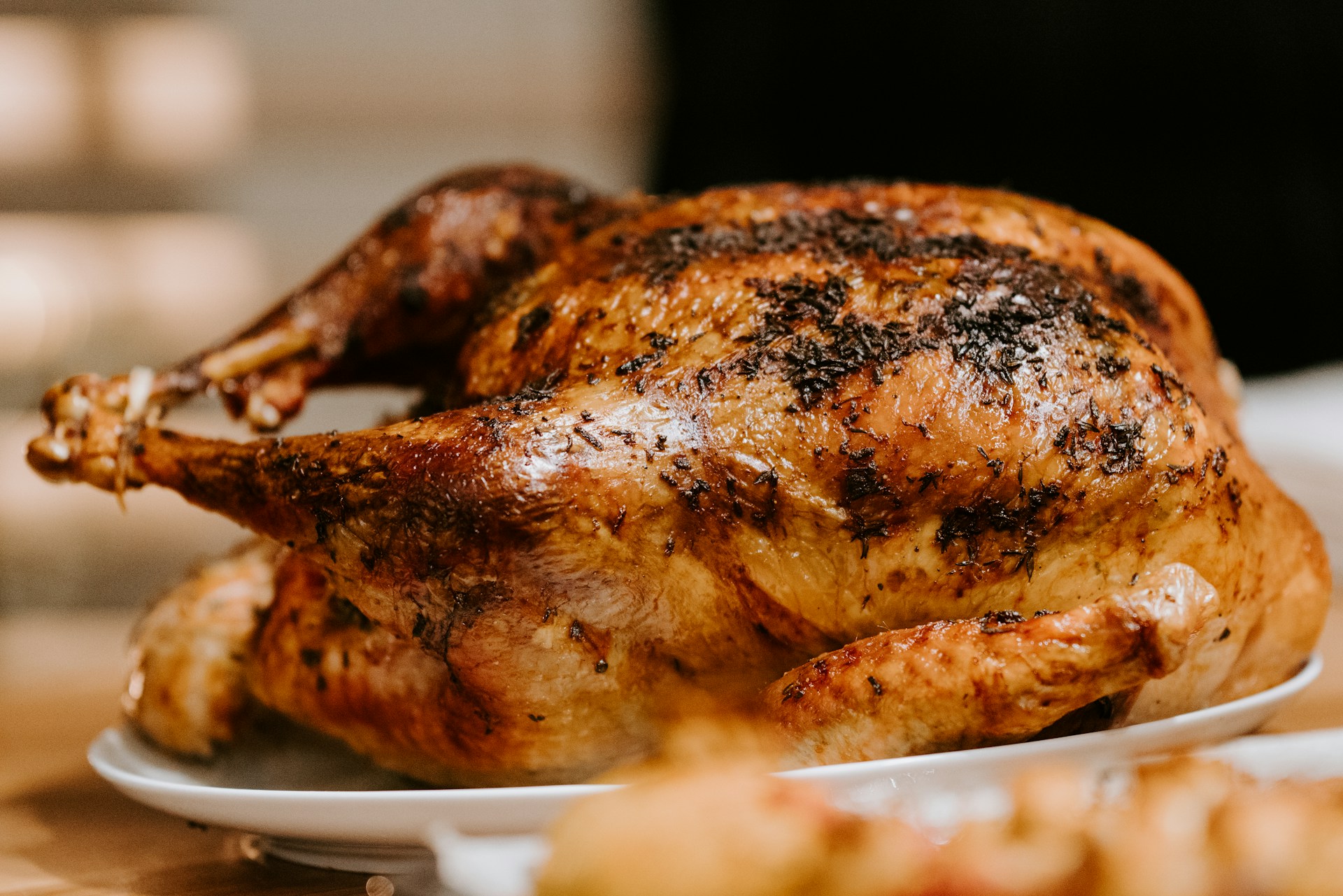 Photo by Claudio Schwarz on Unsplash
Photo by Claudio Schwarz on Unsplash
24. A Raw Food Diet Provides Maximum Nutrition
Some people believe that cooking food destroys its nutritional value, leading some to adopt a raw food diet. In reality, while certain nutrients can be lost during cooking, others become more bioavailable after being cooked. Cooking food is also what eliminates harmful bacteria, making you more susceptible to foodborne illnesses if you follow this raw food diet.
KEEP ON READING
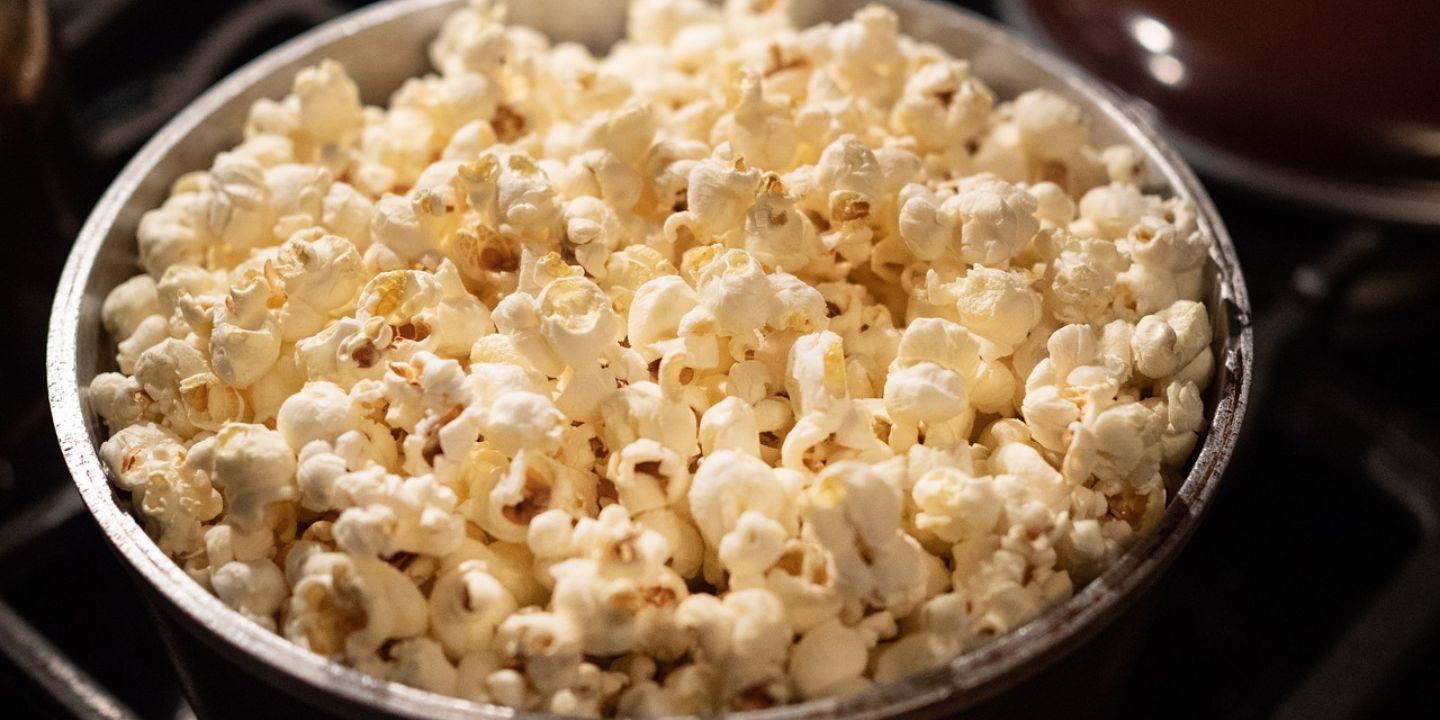
20 Foods With Shocking Origins You'd Never Believe

These Common Kitchen Mistakes Keep Ruining Your Soup



